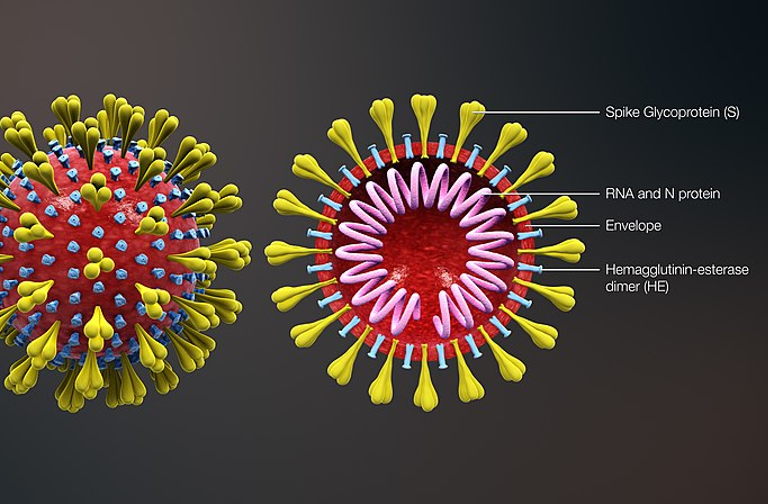Denmark is famous for its exports of cheese and pork. Less known is the country’s role as the world’s largest producer of mink skins and therefore, not surprisingly, the “global hub for the fur trade.” Unfortunately for the minks and the mink industry, the Danish government has now pledged to kill every mink in Denmark is order to eradicate a mutant strain of COVID-19 carried by mink that is transmissible to humans. That would mean dispatching some 17 million animals in short order.
Why are the Danes so panicked? Because this mutant strain “is not readily stopped by antibodies to the dominant strain of the virus.” That could mean that vaccines currently being developed for this dominant strain will be of little or no value in treating people with the mutant strain.
The number of human cases so far is small, 12 cases in workers on one farm. It is worth remembering that on February 26 this year, President Trump told the public that there were only 15 cases in the United States, that drastic steps to contain the virus such as shutdowns were not yet necessary and that “15 [cases] within a couple of days is going to be down to close to zero.” By the end of March, much of the country was in a state of emergency as infections were skyrocketing. And even now, new daily infections in the United States are reaching new records as the long anticipated seasonal uptick in COVID-19 cases arrives.
The broader truth is that many, but not all, advanced countries were caught by surprise by the rapid advance of the virus. While the Danish response to the mink outbreak and its attendant human infections may seem extreme, such aggressive action is likely to be the only thing that will stop the mutant strain. The Danish government is also placing extraordinary restrictions on the residents of North Jutland where the outbreak occurred.
In June I wrote in “Our Conversation with a Coronavirus” that we humans were probably being far too optimistic about the possibilities for an effective vaccine. In that piece I said: “We will not learn how to live with the reality of a pandemic-prone world by simply assuming that an army of scientists and drug companies will keep us safe.” I suggested that policies and lifestyles that lead to robust health for EVERYONE were the key to adapting to our pandemic-prone world. By definition the next pandemic will not come packaged with its own cure. Our best protection as individuals and as societies is good health.
We can wish the Danes success in their attempts to eradicate this mutant strain of COVID-19. But I do not think we can be assured that another such mutant strain won’t arise elsewhere or that this strain hasn’t already made its way beyond the Danish border.
As the worldwide pandemic lays bare all of the weaknesses of our modern way of life, we have an opportunity to rethink our relationship with the natural world. The first adjustment should be to accept that we are indeed a part of that world, that is, we are organisms in an environment just like every other organism.

Illustration: “Images combined from a 3D medical animation, depicting the shape of coronavirus as well as the cross-sectional view. Image shows the major elements including the Spike S protein, HE protein, viral envelope, and helical RNA” (January 2020) by Scientific Animations (https://www.scientificanimations.com). Via Wikimedia Commons https://commons.wikimedia.org/wiki/File:3D_medical_animation_corona_virus.jpg






